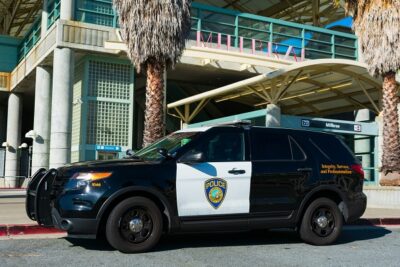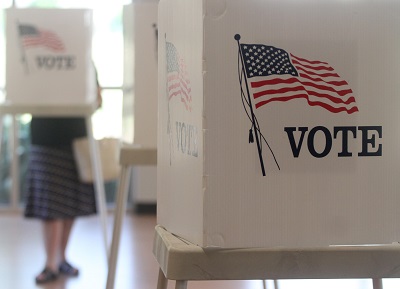Bay Area Council Poll Shows Resounding Opposition to BART Strike
The Bay Area Council today (August 2) released results of a poll showing overwhelming opposition to a BART worker strike, with a strong majority saying that workers are fairly compensated and an even larger number saying that BART should invest any available funds in upgrading and expanding the aging system.
The poll of 475 residents living in counties directly served by BART found that 70 percent of respondents oppose a strike and that 92 percent think a strike will have a significant impact on the economy. A recent Bay Area Council Economic Institute estimate conservatively put the economic impact of a BART strike at $73 million a day in lost worker productivity.
“It’s time to end the strike talk, approve the contract BART has proposed and focus on how we’re going to meet BART’s awesome infrastructure needs,” Jim Wunderman, President and CEO of the Bay Area Council, which sponsored the survey with support from the Jobs and Housing Coalition in Oakland. “The poll results send a powerful message that a vast majority of residents want BART management to hold the line on rising compensation costs.”
Respondents had strong opinions about BART worker compensation. The $80,000 median annual salary that BART workers currently earn makes them among the best-paid mass transit workers in the nation and among the highest-paid public employees in the Bay Area. The poll included only general questions and did not provide any detailed information about contract proposals, current compensation or other information.
A decisive 69 percent of poll respondents disagreed that BART workers are under-compensated. BART workers currently do not pay anything into their pensions and contribute only $92 a month for health benefits for themselves and an unlimited number of family members. The costs for health care have been steadily rising.
With one of the chief disagreements between BART and the unions over where the transit agency should spend money, a resounding 85 percent of respondents said that BART should use available funding to invest in infrastructure needs. BART operates with the oldest mass transit rail cars in the country and is facing infrastructure needs of $5 billion in the next six years and more than $15 billion over the next 20 years. In a separate question, the poll found that just 41 percent of respondents agreed that BART should spend available funds on worker compensation.
“No matter how you slice it, Bay Area residents appear to understand just how critical BART’s infrastructure needs are and that in the context of the good pay workers currently earn residents clearly prioritize investing in upgrading and expanding the system,” Wunderman said.
Among other results, 62 percent of Democrats said they oppose a strike. Among the 33 percent of respondents who said they either belong to a union or have a family member that belongs to a union, 60 percent said they oppose a strike.
The results come a day after the Bay Area Council issued a public statement urging BART workers to accept the transit agency’s most recent contract offer, calling BART’s proposal for a modest pay raise and increased contributions for pension and health benefits fair and reasonable, and imploring workers not to go on strike.
“The fact is that BART workers already enjoy the best overall compensation package of almost any mass transit worker in the state and possibly the nation,” Wunderman said. “Asking them to accept a modest pay increase, contribute to their pensions and share the burden of rising health care costs is fair, and what BART has proposed appears to be eminently reasonable. It would be irresponsible for BART to agree to a contract that is not fiscally sustainable.”
Awareness of the issue is high, with 94 percent saying they knew about the possibility of a BART strike. The web-based poll conducted by respected EMC Research of Oakland included 475 respondents from four counties within BART’s immediate service area, including Alameda (37%), Contra Costa (25%), San Francisco (22%) and San Mateo (17%) counties. It was conducted on Thursday, August 1 and included an overall margin of error of +/-4.5 percent.





